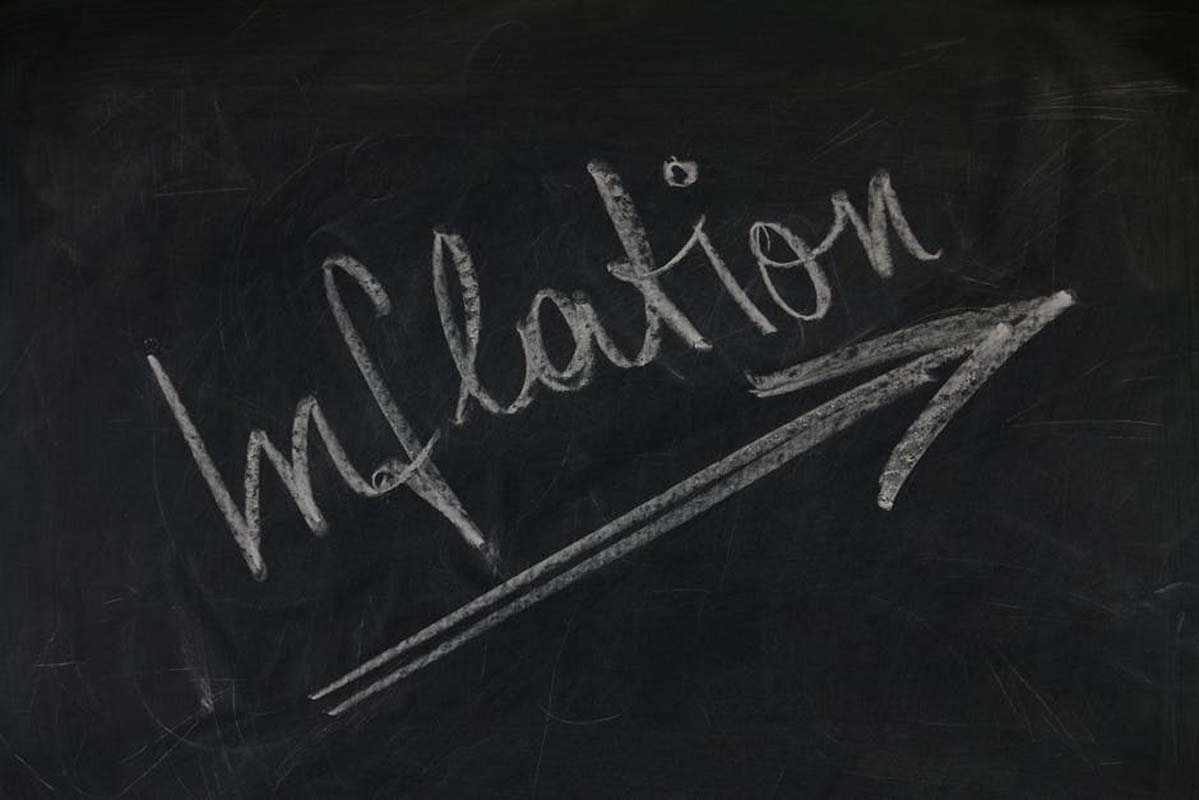
403
Sorry!!
Error! We're sorry, but the page you were looking for doesn't exist.
OECD Posts 4.2 Percent Increase in September Inflation
(MENAFN) Consumer price growth across Organization for Economic Cooperation and Development (OECD) nations accelerated to 4.2% annually in September, up from August's 4.1% reading, Wednesday's official data shows.
Price pressures intensified in 17 of the 38 OECD member states during September, with the consumer price index (CPI) reaching or staying beneath the 2% threshold in seven economies.
Conversely, inflation decelerated in seven nations while holding steady or near-stable in 14 countries.
"Year-on-year energy inflation in the OECD rose sharply to 3.1% in September, from 0.8% in August. While recent month-on-month changes have remained subdued, this year-on-year rise reflects a base effect from a significant drop in energy prices between August and September 2024," the OECD stated.
Energy costs climbed year-over-year in 34 countries. Nine of these jurisdictions still registered energy prices below prior-year levels, though the rate of decline slowed compared to the 12-month period ending in August.
Food price inflation across the OECD zone remained unchanged at 5% in September, following August's sharp upward spike.
Core inflation—stripping out volatile food and energy components—eased to 4.2% in September from August's 4.4%.
G7 and G20 Trends Diverge
Within the Group of Seven (G7), annual inflation ticked upward to 2.8% in September from 2.7% the previous month. "Energy inflation in the G7 rose markedly, turning positive for the first time since January."
The Group of 20 (G20) posted broadly stable inflation at 3.8% in September. Consumer prices advanced in Indonesia while retreating in Argentina and India.
Eurozone annual inflation measured via the Harmonized Index of Consumer Prices rose to 2.2% in September from August's 2.1%.
"Food inflation fell, while the decline in energy prices slowed further. According to Eurostat's flash estimate, in October 2025, year-on-year headline inflation in the euro area remained broadly stable at 2.1%, with a decline in energy inflation to minus 1.0% while core inflation is estimated to have been stable at 2.4," the statement added.
Price pressures intensified in 17 of the 38 OECD member states during September, with the consumer price index (CPI) reaching or staying beneath the 2% threshold in seven economies.
Conversely, inflation decelerated in seven nations while holding steady or near-stable in 14 countries.
"Year-on-year energy inflation in the OECD rose sharply to 3.1% in September, from 0.8% in August. While recent month-on-month changes have remained subdued, this year-on-year rise reflects a base effect from a significant drop in energy prices between August and September 2024," the OECD stated.
Energy costs climbed year-over-year in 34 countries. Nine of these jurisdictions still registered energy prices below prior-year levels, though the rate of decline slowed compared to the 12-month period ending in August.
Food price inflation across the OECD zone remained unchanged at 5% in September, following August's sharp upward spike.
Core inflation—stripping out volatile food and energy components—eased to 4.2% in September from August's 4.4%.
G7 and G20 Trends Diverge
Within the Group of Seven (G7), annual inflation ticked upward to 2.8% in September from 2.7% the previous month. "Energy inflation in the G7 rose markedly, turning positive for the first time since January."
The Group of 20 (G20) posted broadly stable inflation at 3.8% in September. Consumer prices advanced in Indonesia while retreating in Argentina and India.
Eurozone annual inflation measured via the Harmonized Index of Consumer Prices rose to 2.2% in September from August's 2.1%.
"Food inflation fell, while the decline in energy prices slowed further. According to Eurostat's flash estimate, in October 2025, year-on-year headline inflation in the euro area remained broadly stable at 2.1%, with a decline in energy inflation to minus 1.0% while core inflation is estimated to have been stable at 2.4," the statement added.

Legal Disclaimer:
MENAFN provides the
information “as is” without warranty of any kind. We do not accept
any responsibility or liability for the accuracy, content, images,
videos, licenses, completeness, legality, or reliability of the information
contained in this article. If you have any complaints or copyright
issues related to this article, kindly contact the provider above.


















Comments
No comment